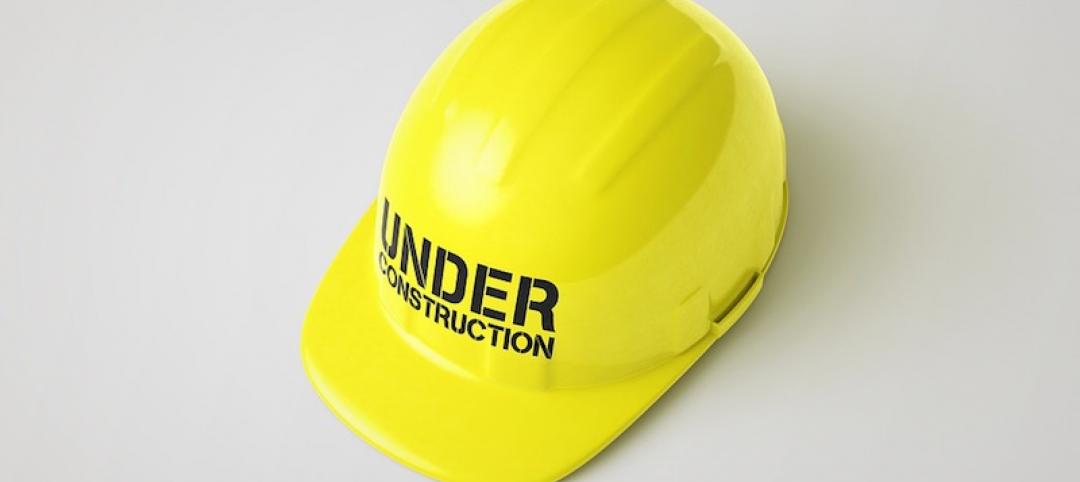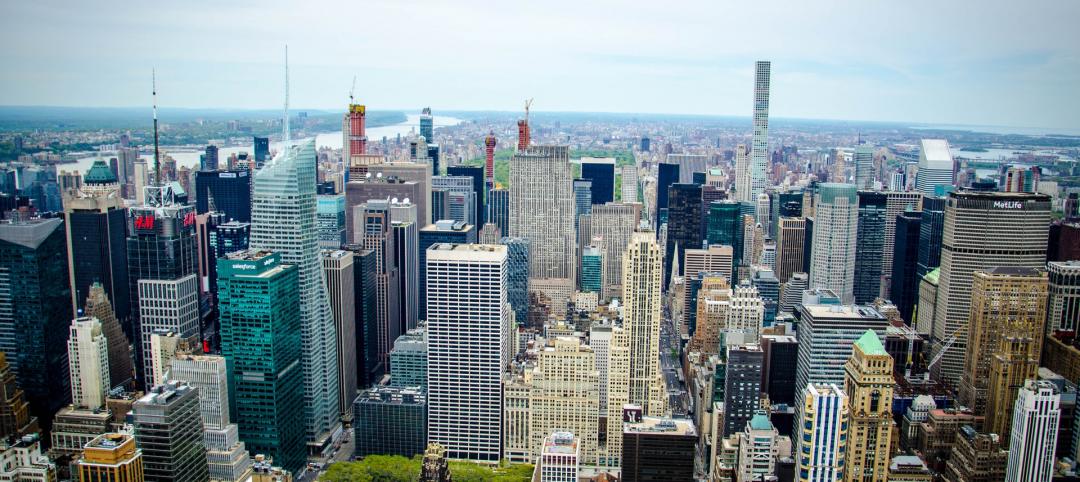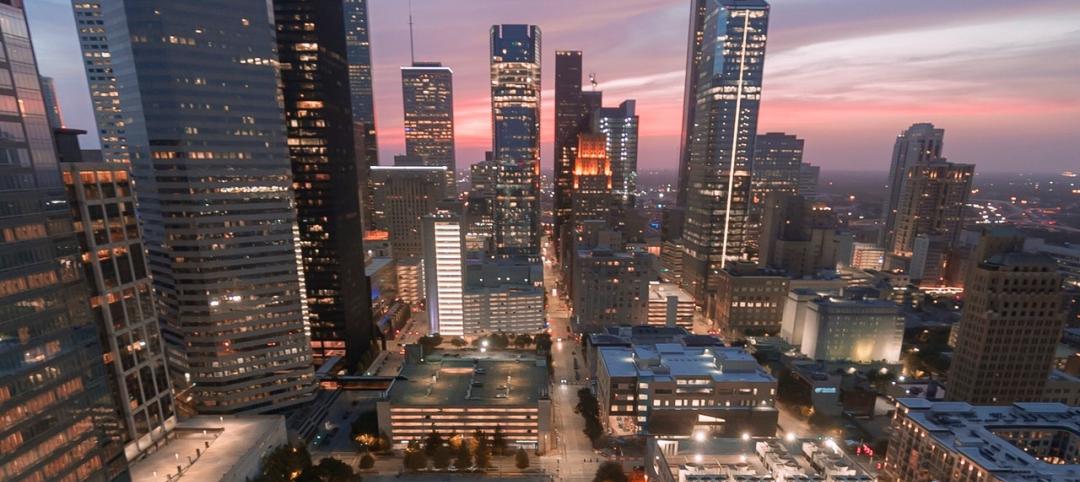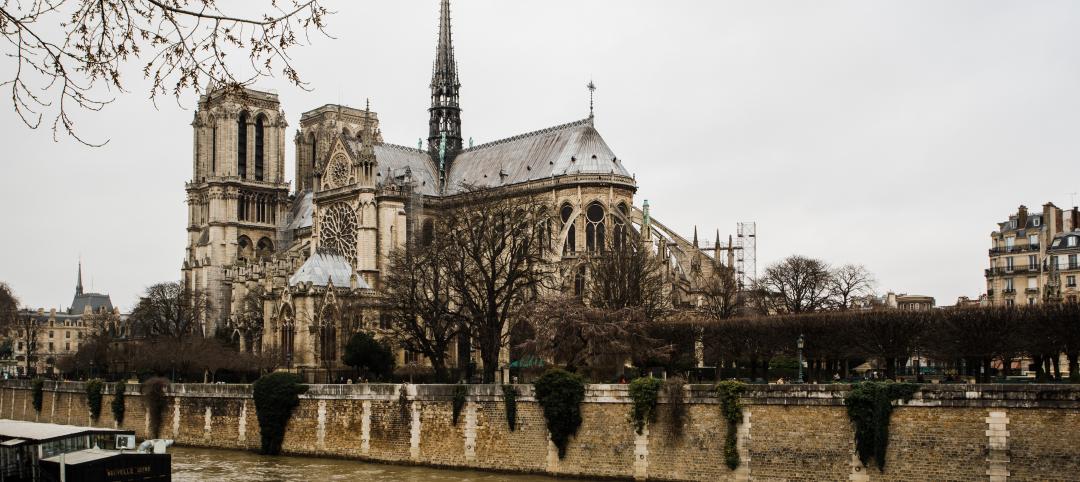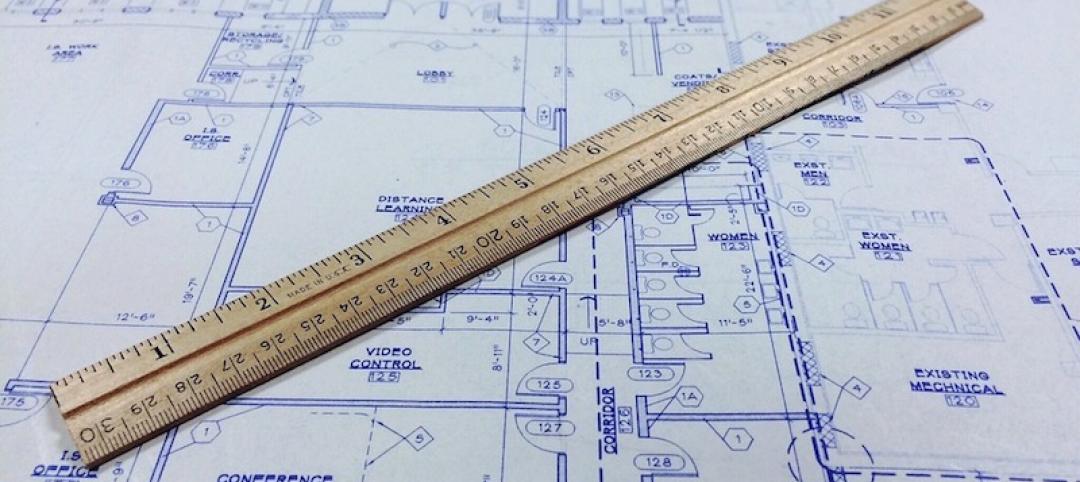The Washington D.C. Council recently passed legislation that will make it more expensive for owners to hold vacant or blighted property.
The Vacant Property Enforcement Act of 2016 reduces the maximum amount of time a vacant property can qualify for an exemption from higher vacancy tax rates. It also closes a loophole that allows continuous renewal of construction permits to qualify for tax exemptions, and require owners of vacant properties to prove they are no longer subject to the higher tax rates.
"The District has a substantial number of vacant properties, many of which are poorly maintained,” the bill report says. "Property owners may keep their properties vacant or fail to maintain them because they expect property values to rise over time. Poorly maintained and vacant properties can damage surrounding communities by being eyesores, by serving a venue for drug use and by providing a home for rodents or other animals. The net effect is to reduce the feeling of a cohesive community and depress surrounding property values."
The legislation reduces the time an owner can claim an exemption from higher taxes because of construction to one year for residential properties and to two years for commercial properties. Fines for failing to comply with city property regulations will rise from $1,000 to $5,000.
Related Stories
Codes and Standards | May 7, 2019
ABC says best practices can improve construction companies’ safety by 680%
Daily ‘toolbox safety talks’ were most effective safety measures.
Codes and Standards | May 7, 2019
Office noise significantly reducing employee concentration, productivity, and creativity
Workplace distractions cause some to choose to work remotely.
Codes and Standards | May 7, 2019
WSP USA says it will be carbon neutral in 2019
Engineering firm will offset carbon at all offices and with employee business travel.
Codes and Standards | Apr 25, 2019
Report: Contractors invest $1.6 billion in workforce development annually
ABC members increased training spending 45% from 2013, according to a new report.
Codes and Standards | Apr 25, 2019
New York City’s Green New Deal would ban all-glass skyscrapers
The ambitious plan would also boost affordable housing, reduce building emissions, and update codes to account for sea level rise.
Codes and Standards | Apr 25, 2019
Chicago, Houston, and Dallas deemed ‘most dangerous cities for migratory birds’
The three cities are in the heart of North America’s most trafficked aerial corridors.
Codes and Standards | Apr 19, 2019
Notre Dame fire highlights danger of renovating historic structures
The devastating fire at Notre-Dame de Paris is the latest blaze to damage or destroy historic buildings while undergoing renovations. It highlights how vulnerable such structures are to fire while undergoing repairs.
Codes and Standards | Apr 19, 2019
Developers and owners can now join AIA 2030 Commitment
Organization offers tools and resources for working toward net-zero design.
Codes and Standards | Apr 19, 2019
New method of manufacturing cement removes CO2 from the air
Breakthrough could have significant impact on reducing greenhouse gas emissions.
Codes and Standards | Apr 12, 2019
Deadline nears on New York City sprinkler requirement for tall office buildings
The mandate applies to all buildings regardless of when constructed.



